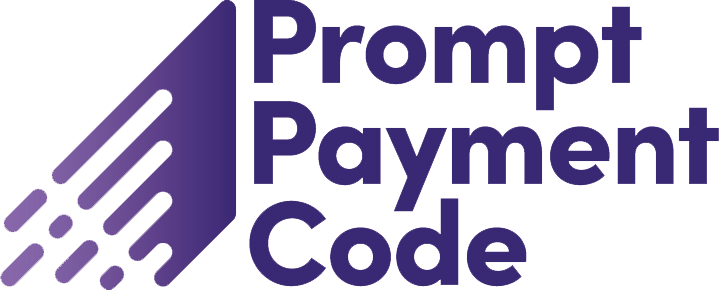The pharmaceutical industry has a big problem – clinical trials haemorrhage money, and it’s getting worse every year.
Clinical trials are at the heart of every drug development and represent a significant percentage of the total cost; on average phase 1, 2, and 3 clinical trials across therapeutic areas cost 4M USD, 13M USD and 20M USD respectively.
They are also on the critical path to regulatory approval and launch; taking six to seven years to complete. An estimated 94% of all clinical trials will experience delays, with 80% being delayed by over a month. The knock-on effect can be massive, with estimates of between $600,000 – $8 million lost for every day of delay.[1] These delays also reduce the patent window with a significant effect on profitability.[2][3] The total impact across the industry is in the billions and increasing year on year.
Besides the financial impact, we must remember the end goal – patients having access to the treatments they need for a good quality of life.

[1] ref: Clinical trials and their patients: The rising costs and how to stem the loss.
[2] ref: Rise in cost of drug development
[3] ref: Reasons for clinical trials failure
Given their importance, why do so many clinical trials run late?
Anyone who has undertaken a multi-centre, multi-country clinical trial knows just how complex they are. We develop detailed plans and schedules and expect these will be ‘right first ‘time’ exactly as we planned. We are not able to predict the future with complete accuracy, so in most trials, something will not go as planned.
Typical areas of concern are:
- Complexity of trials
- Poor study design
- Late signoff on protocols
- Ineffective site selection
- Poor patient recruitment and retention
- Patient burden/safety
- Poor trial execution
- Regulations, especially in emerging markets
- Obtaining experienced clinical research professionals, especially in developing countries
- Managing the number of partners involved in almost every aspect of trials today can prove challenging
- New types of drugs require new approaches to trials
Typically, people ignore the possibility that their study will suffer from these problems. Instead, they make promises to hit the targets. Or say “we’ll deal with these risks if they happen”. Or ” swings and roundabouts will help even themselves out”. They are hoping by some miracle to deliver on time…’. Then start firefighting to try and hit the targets.
The net result is setting, euphemistically, ‘optimistic’ timeline targets – perhaps already hinting that we’ll be lucky to achieve it’. In reality, we set totally unrealistic expectations; trials are destined to fail before they have even started.
Essentially, clinical trials are complex projects – they are unique, have objectives, and clear start and finish points, with a mixture of risks, issues, and uncertainties. They should be treated as such.
During clinical trials, sponsors and CROs quite rightly direct risk focus towards patient safety; however, it is also vital to recognise, understand and manage the risks and uncertainties associated with project planning and execution.
Conclusion
Time is of the essence when bringing a successful drug to market. You need a consistent system for identifying, assessing and mitigating project risk, in particular, keeping your schedule on track and maintaining confidence in hitting key milestones. Proactive investment in project risk management is essential if you are to ensure timely delivery of your drug to market. It’s what we call being Risk Intelligent.
Get in Touch
Risk management in the pharmaceutical industry is key. In order to be risk intelligent, you need a risk vision sitting at the heart of your strategic planning. Success depends on good risk-based decision making, understanding key constraints and the potential for innovation. Harnessing risk, both positive and negative, will enable you to shape your future based on market requirements, conditions and trends.
Contact us to discuss how our 3 staged risk consultancy approach can ensure your risk capability meets the needs of your organisation. This can lead to the holy grail of clinical trials running on time, and within budget.
- Contact us to discuss consultancy services in more detail
- Contact us for bid support
- Related: Risk analysis for winning bids












